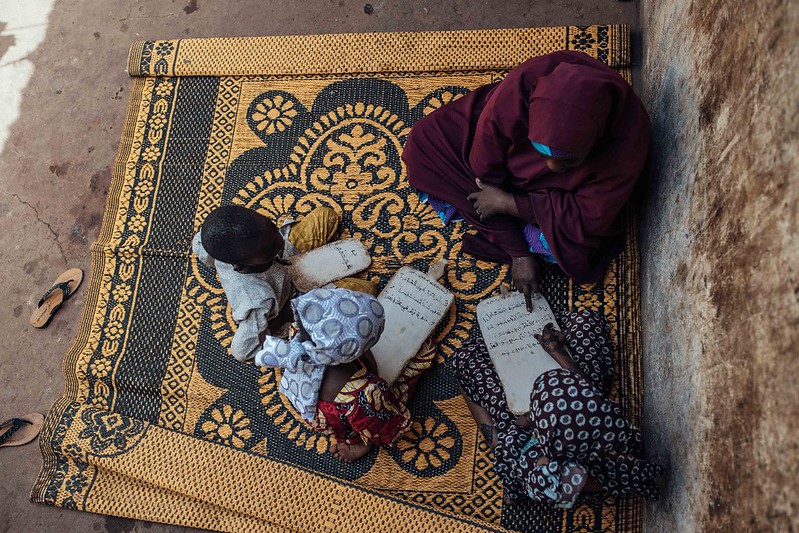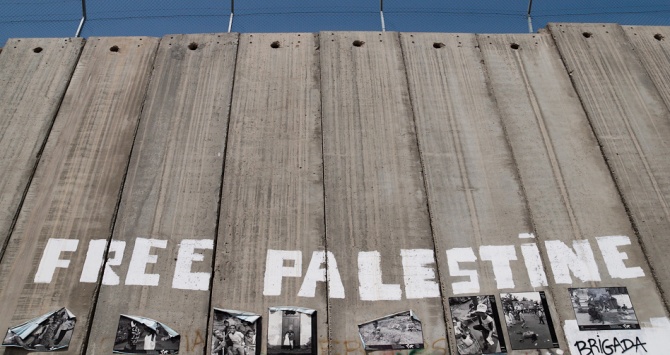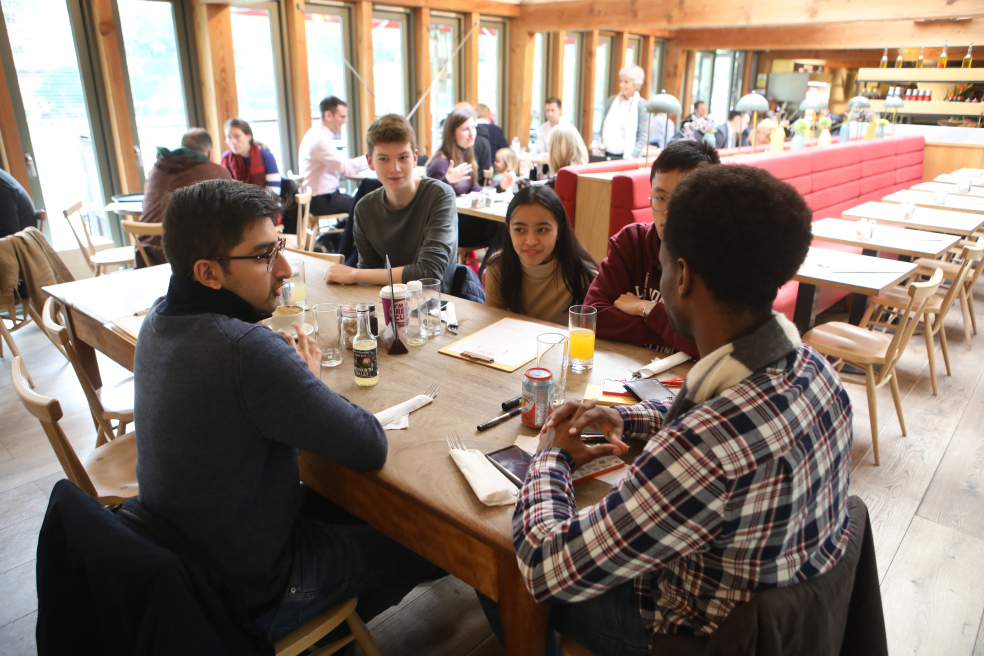This three part weekly series by Harshita Sinha brings forth the narratives and voices from the invisible workers in the Indian Informal Economy during the Covid-19 lock down. In the first of this series we look at the story of Asha*, a seamstress, and her husband a rickshaw puller.
The Indian informal economy accounts for roughly 90% of India’s total workforce, with the degree of informality varying across indices of gender, urban-rural location, nature of sector and jobs. While some employed in this sector are visible, others face uncertainty and precarity because of social and institutional factors which curtail their recognition and entitlements. This series aims to highlight the issues segments in informal workers face based on conversations with the workers in light of the COVID-19 Lockdown.

Asha*, a 39 year old women staying in New Delhi recalls working along with her sister in-law by providing stitching services outside a local boutique in the local market in their slum dwelling. Her husband, Sham, works as a rickshaw puller. Sham rents a rickshaw for Rs. 400 every day from Sahab (Boss), only the amount he earns after paying the rent goes to the family. Asha and Sham both workers in the informal sector rely on daily wages to support their family with three children. Since the COVID-19 lockdown, both Sham and Asha have struggled to make ends meet. During the first stage of lockdown, they recalled being able to manage and sustain their livelihood through safety nets and seeking help from their relatives and neighbours in the area, however ever since the extension, they were unable to continue to rely on the network, as there was a general sense of wary in those households too because of the lockdown. Asha recalls, standing in the queue to collect cooked food at the local food relief distribution centre organised in the initial stage, but soon found it difficult as it would only help her family on one meal a day and they were unable to get enough food to feed all members of the family.
Asha said, “since the last three days, I haven’t been able to turn on the stove in the house, as we ran out of cooking gas. I don’t know who to ask and how to feed my kids. I can’t feed them uncooked meal and we can’t ask the people for help anymore.”…“My husband pulls a rickshaw, so while the government scheme gave coverage to rickshaw puller, my family remained ineligible as he (Sham) couldn’t furnish any documents supporting the claim that he rents the rickshaw…The person he rents the rickshaw from, relies on the rent to sustain his business and in these times even he won’t give a handout to Sham as his business to rent rickshaw is completely under-water.”
Commenting on her work situation, she said, “My work of doing stitching, doesn’t allow us to save a lot, I rely on daily or weekly payments to make the ends meet. I asked some of my customers for my payment in the wake of lockdown, but everyone is facing their own hardship and some chose to cancel an order than pay right now.” (Asha)
The nature of work Sham and Asha engage in, brings forth the multidimensionality of informality. In a state of unforeseen crisis brought forth by COVID-19, these dimensions of informality have been accentuated while making their impact more visible. While there are certain provisions for informal sector in place, the multi-layered nature of informality for the sub-class within the informal economy in this instance service providers and rickshaw pullers who don’t own the means but rather rent it, face an institutional barrier in making claims for services and relief goods. Their means of coping include relying on informal networks and NGO’s for obtaining essential services and getting food grains in the wake of this pandemic.
The nature of informality and type of occupation within the informal sector precludes many in availing the schemes and entitlements being offered. The uncertainty and lack of institutional recognition from the Pre-COVID society has brought to light and increased the vulnerability of many informal workers in the times of insecurity due to COVID.
Note: All members part of these series are successfully in touch with NGO’s working on ground to provide food relief materials to informal sector workers, who are facing hardships due to the COVID-19 Pandemic.
* All names have been changed to ensure anonymity and confidentiality.
The second of the three part series will be published next week on Tuesday 5 May, 2020.
Harshita Sinha (@Harshita_Sinha1, h.sinha@lse.ac.uk) is a PhD Candidate at the Department of International Development at LSE. Her research looks at migrant workers in the India informal economy. She holds an MSc. Development Studies from the London School of Economics and her area of interest include migration, gender, informal economy and South Asia. She currently volunteers with an NGO, in New Delhi which works to provide relief goods.
The views expressed in this post are those of the author and in no way reflect those of the International Development LSE blog or the London School of Economics and Political Science.






The current situation begs us to go for a deeper session of genuine introspection. What kind of a civilisation have we built for ourselves where there is no respect, dignity and opportunity for the marginalised. And thus, we have the vicious cycle of deprivation, poverty and loathsome inequality.